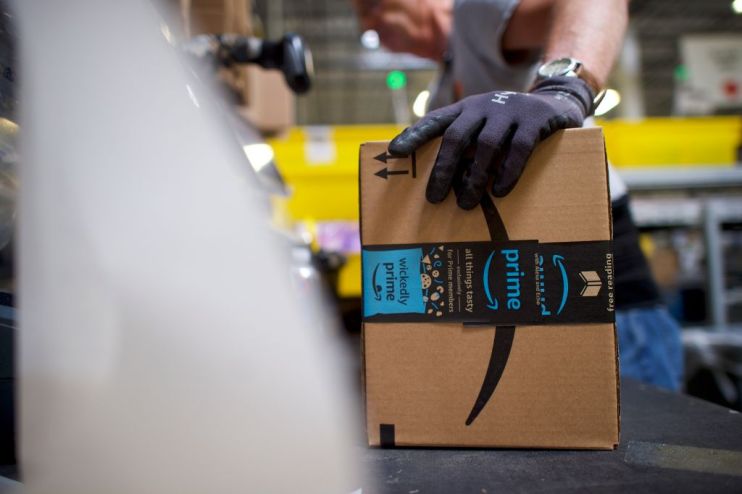DS Smith profit strengthened by e-commerce demand during lockdown

Packaging supplier DS Smith has said a strong demand in ecommerce, as well as a growing environmental awareness, helped full year-profit inch up five per cent.
The figures
DS Smith reported full-year revenues of £6.04bn, down from £6.17bn in the year before. The coronavirus crisis has dented revenues by approximately £15m in the final two months of the financial year.
Adjusted operating profit improved five per cent to £660m, reflecting a record return on sales for DS Smith of 10.9 per cent.
Reported profit before tax eased from £455m last year to £437m, while adjusted profit before tax rose to £368m from £350m.
DS Smith has concluded it remains too uncertain to commit to resuming dividend payments in the short term.
Why it’s interesting
The group said that ecommerce, consumer and retail changes are “more relevant than ever in the post-Covid 19 environment.”
Public awareness of the alternatives to plastic has continued to grow over the past year. DS Smith said it has continued to develop its corrugated packaging alternatives to “take advantage of this opportunity”.
In a statement, the firm said its fast-moving consumer goods (FMCG) and e-commerce businesses comprise 83 per cent of its corrugated box volumes.
The coronavirus outbreak had little effect on DS Smith’s operations. At the start of the pandemic its factories were generally classed as “essential operations” and its paper and packaging sites remained operational throughout the crisis.
However, DS Smith expects the direct impact to operating profit in 2019/20 to be around £15m. This includes costs relating to overtime as cover, shielding and sanitation costs, and increased haulage costs due to restricted labour supply.
What DS Smith said
Group chief executive Miles Roberts said:
“We have made good strategic and financial progress in the year, with the disposal of our Plastics division reinforcing our focus on sustainable fibre-based packaging and our strong commercial focus driving record margin…
Our business model is resilient, built on our consistent FMCG and e-commerce customer base. In the short term, however, the impact of Covid-19 on the economies in which we operate is likely to impact volumes to industrial customers and add to operating costs. In particular, infrastructure constraints have driven elevated OCC prices, although we currently expect the impact to be limited to H1.